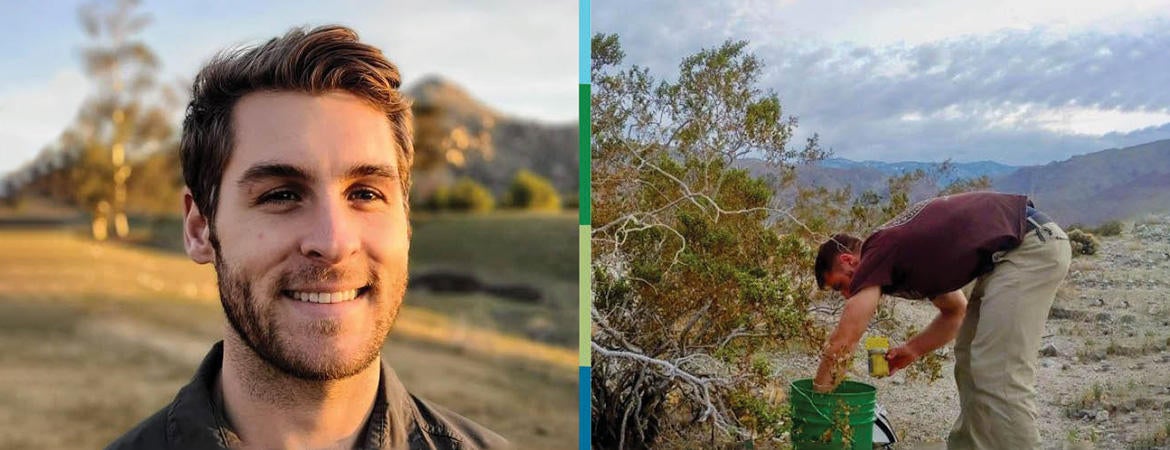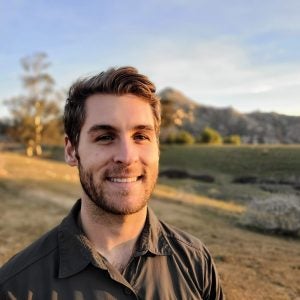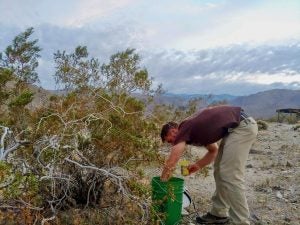

ECOLOGICAL SOCIETY OF AMERICA - Forest Shreve Research Award: Christopher T. Cosma, Ph.D. candidate, University of California, Riverside, Department of Evolution, Ecology, and Organismal Biology
Forest Shreve was an internationally known American botanist devoted to the study of the distribution of vegetation as determined by soil and climate conditions, with a focus on desert vegetation. The Forest Shreve Research Fund award supplies $1,000-2,000 to support ecological research by graduate or undergraduate student members of ESA in the hot deserts of North America (Sonora, Mohave, Chihuahua, and Vizcaino).
The winner of this year’s Forest Shreve Research Award is Christopher Cosma, for his dissertation work on moth pollinator networks in the Sonoran Desert. His work uses a 2,400-meter elevation gradient and DNA metabarcoding to identify pollen-transport across space and time. This work simultaneously identifies some of the abiotic and biotic drivers of pollinator network composition and structure, while also providing predictions for how pollinators and associated plant species may respond to climate change. While most research has focused on highly specialized interactions such as the yucca-yucca moth relationship, there is growing evidence that entire communities of moths and plants are involved in nocturnal pollination networks that rival their diurnal counterparts in scale and complexity. By analyzing how network structure and stability vary in relation to abiotic and biotic factors along an elevational gradient, this research will help inform predictions about how plant and insect communities will be impacted by climate change.
